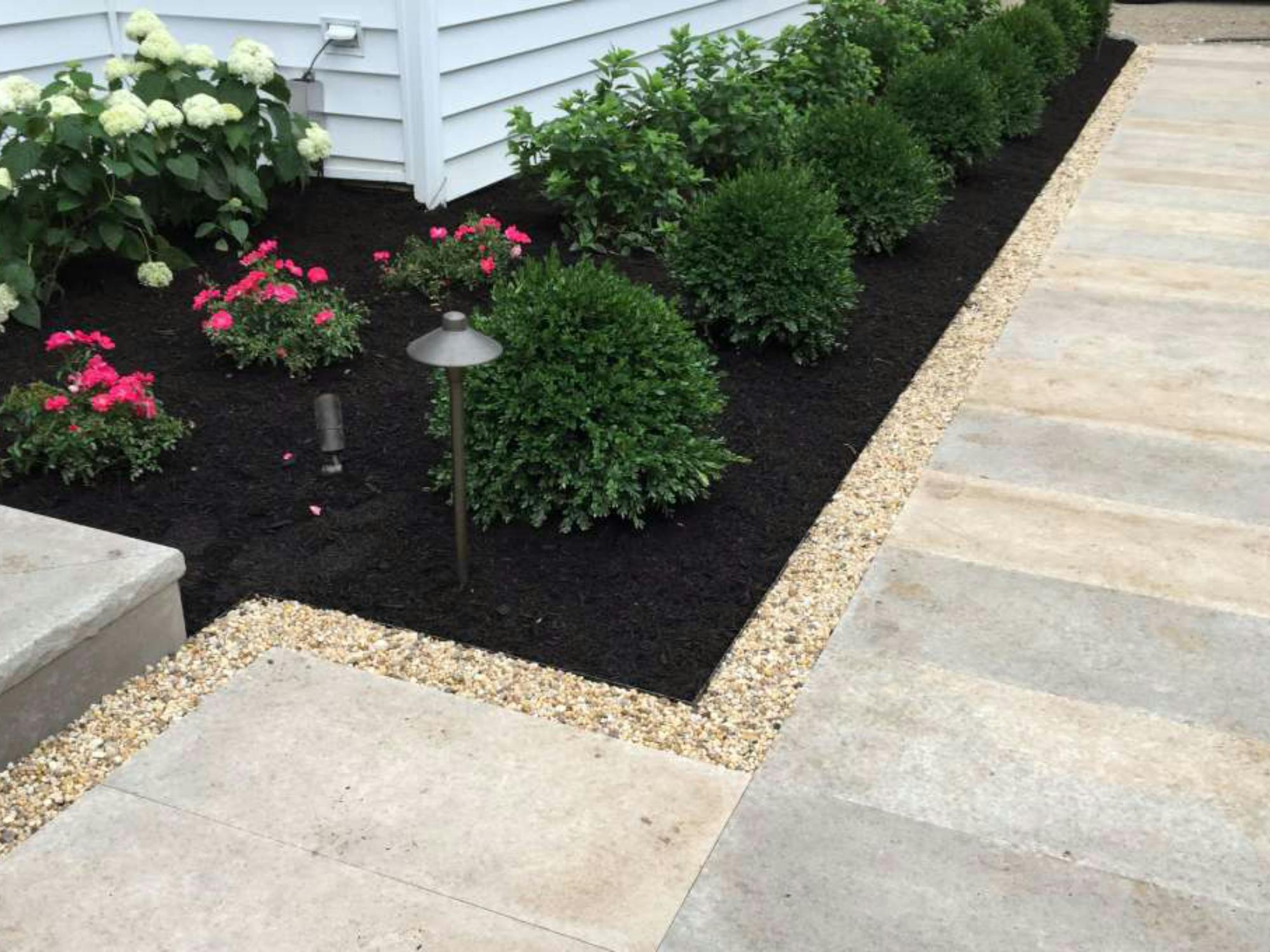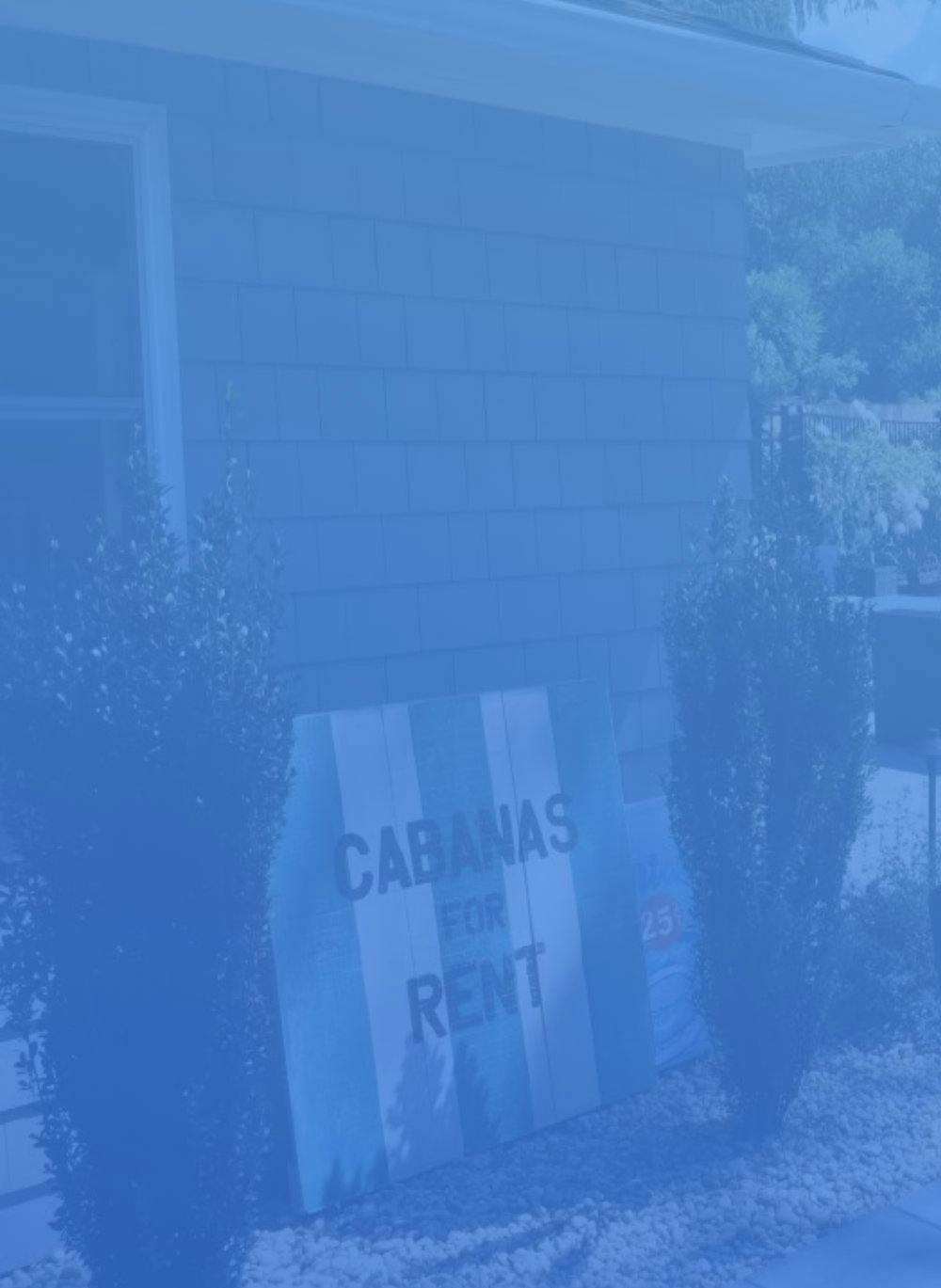
How to Choose the Right Mulch for Your Yard
Mulch is essential to keeping plants and flowerbeds their healthiest and most attractive. It is an effective weed barrier and also keeps the moisture from rain and regular watering from dissipating too quickly. Mulch also helps to maintain the temperature of the soil, allowing plants and flowers to bloom and stay at their peak for as long as possible.
Sweet Peet Mulch
For new plants especially, Sweet Peet Mulch is made to provide optimal fertilizers and nutrients needed for healthy root growth. This mulch is packed with agricultural manure to beautify, nutrients to help grow and soil conditioner to nourish. Sweet Peet Mulch can hold in moisture for your plants while also curbing weed growth for plant protection. The all natural, organic ingredients of Sweet Peet allows air and water movement through the soil. Aids in releasing plant nutrients and increases humus, natures natural plant food. Sweet Peet absorbs and retains water and slowly releases water to the root zone during dry weather conditions and gives structural support for plants, while providing a medium for root growth and soil organisms. While Sweet Peet Mulch is at the top of the price chain it exudes some of the best qualities to keep plants their healthiest. This product is locally grown and distributed on Long Island.Dark Natural Mulch
A 100% natural product composed of 100% recycled organic hardwoods. The natural dark brown color comes from it's natural decomposition process. Dark Natural Mulch is triple ground for a fine appearance and is useful with all types of plant beds. Helps retain moisture and keeps down weeds. This mulch is often chosen by homeowners due to its cost-effectiveness and rich dark appearance.Colored (Dyed) Mulch
This type of mulch is often seen on Long Island in the colors red and black. It is made from hard wood chips and most often only chipped or double shredded to specifically retain color. Therefore using more product to achieve a full look. The bright dyed color often fades quickly in the sun and will leach with applications of water (irrigation, rain). With less benefits to plant health, Dyed Mulch is often more expensive than Dark Natural Mulch because of the cost of color dying.

Contact Information
Fill up the form and our Team will get back to you within 24 hours.
